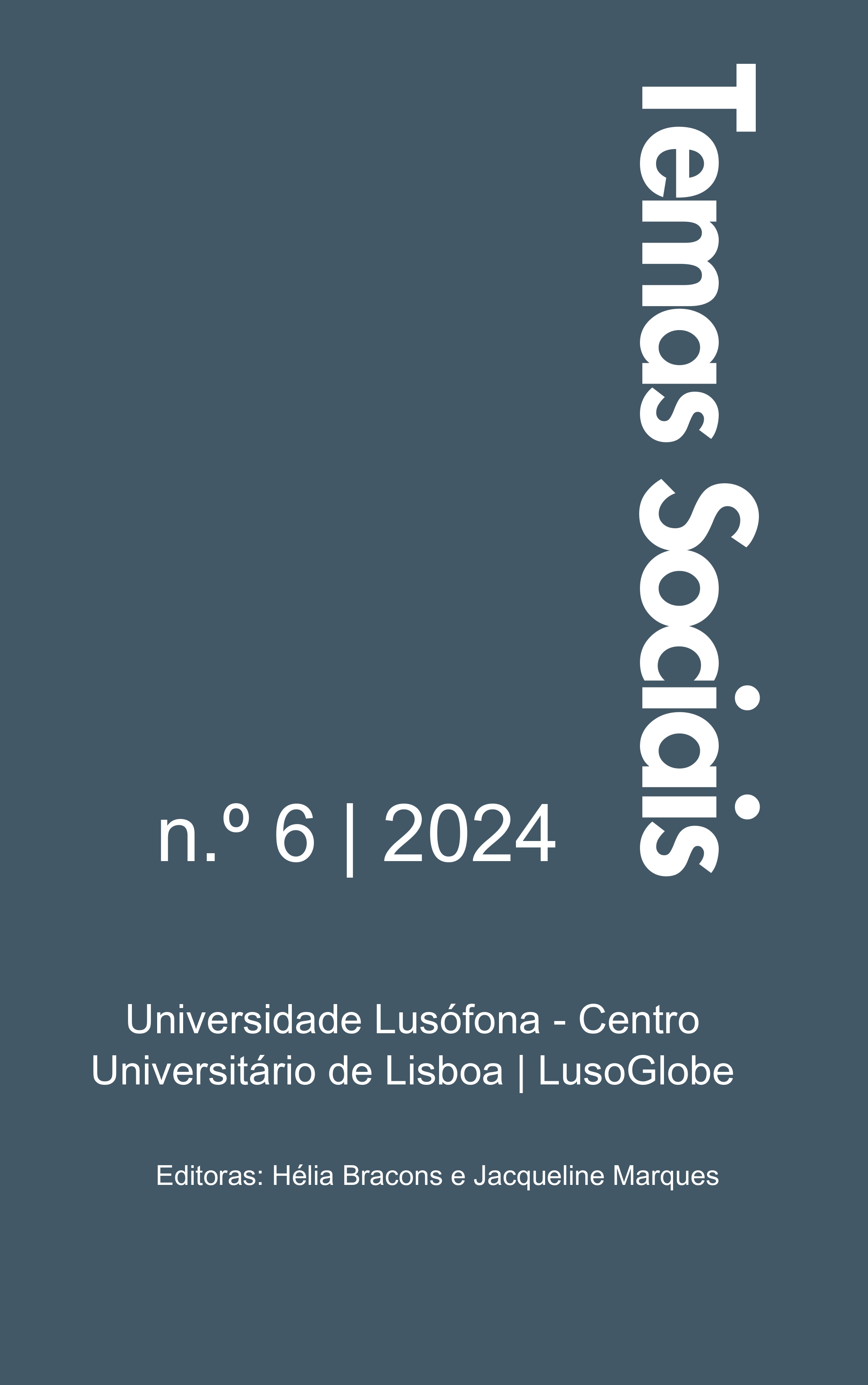The work of Portuguese civil society organizations in the social reintegration of people in prison. An exploratory study
https://doi.org/10.60543/ts_iss.vi6.9333
Abstract
The subject of the present investigation is the work carried out by projects implemented by institutions belonging to the Rede Entregrades, within Portuguese prison establishments. This study aims to: 1) provide a concise characterization of these projects; 2) understand their perceptions regarding the impacts of the interventions conducted; 3) identify their main challenges. The analysis began with a review of the information available on institutional websites. However, the analysis of the available data did not yield consistent results, prompting the need for semi-structured interviews.
The effects of neoliberal policies underscore the state's relinquishment of responsibility; the task of promoting and supporting reintegration falls upon civil society and its organizations, facilitated through funded projects and substantial reliance on volunteer work, thus resulting in deprofessionalization.
Downloads
Open Access Policy:
The Journal facilitates free, open and immediate access to its contents to foster the exchange of knowledge at a global level.
By submitting their work, the author(s) authorise the publication and dissemination of their work and are responsible for its content.
Code of Ethics:
The Journal is a digital tool that enables the dissemination of knowledge in a globalised society where technology, communication and information occupy a prominent place. The publication promotes equal opportunities facilitated by knowledge. To this end, the Journal is committed to the content it publishes, adopting a code of ethics based on the following principles:
1. The texts received must be original, by the author(s) alone and unpublished, i.e. they must not have been previously published, broadcast or sent to another publication.
2. Authors are responsible for requesting any authorisations necessary to publish their texts, with the respective reference to the sources consulted.
3. That organisation must authorise work funded by an organisation to disseminate the results.
4. the plagiarism detection tool in force will review all work received at Universidade Lusófona - Centro Universitário de Lisboa.
5. The articles received will be evaluated by two experts in the field, guaranteeing the anonymity of the author(s) and the evaluators.
6. Papers involving people as the research subject must obtain informed consent from all of them, with strict respect for the confidentiality of personal data and, if necessary, the decision of the Ethics Committee.
7. The list of authors should only include those who contributed intellectually to the work, i.e., who designed and carried out the research, wrote up and analysed the results and approved the final version of the text.



